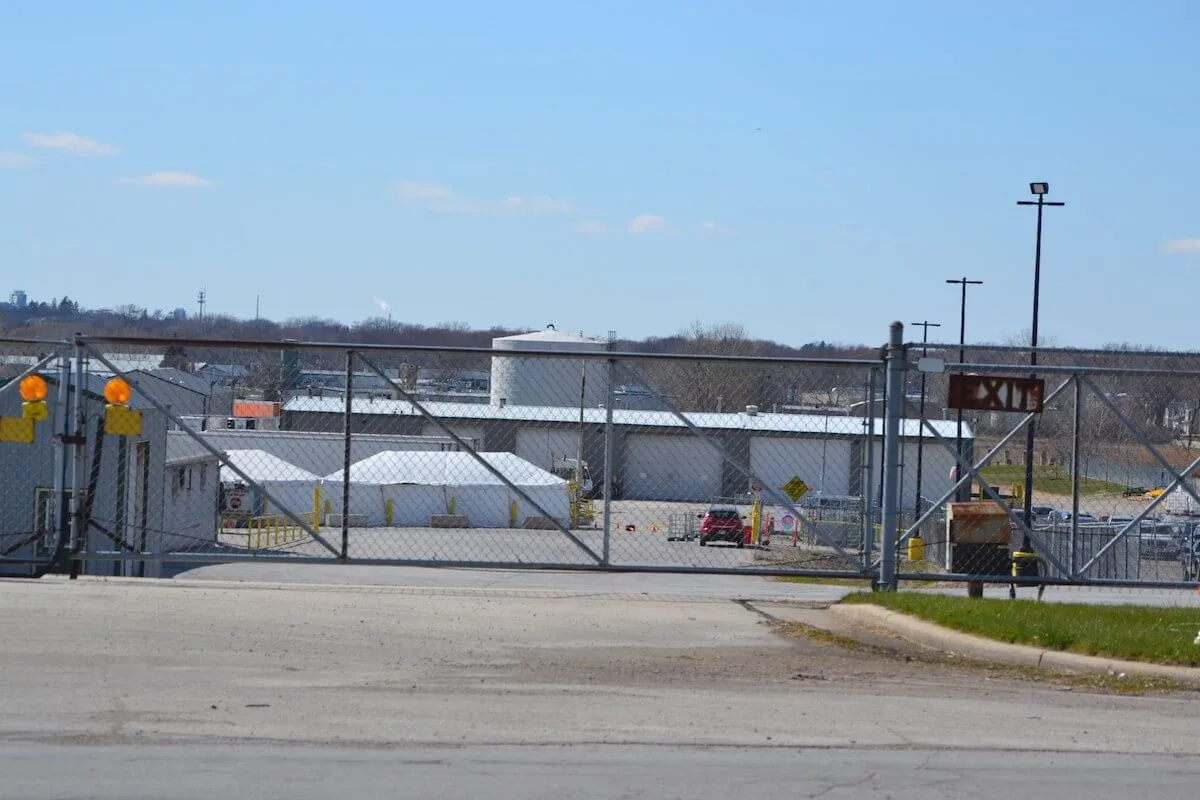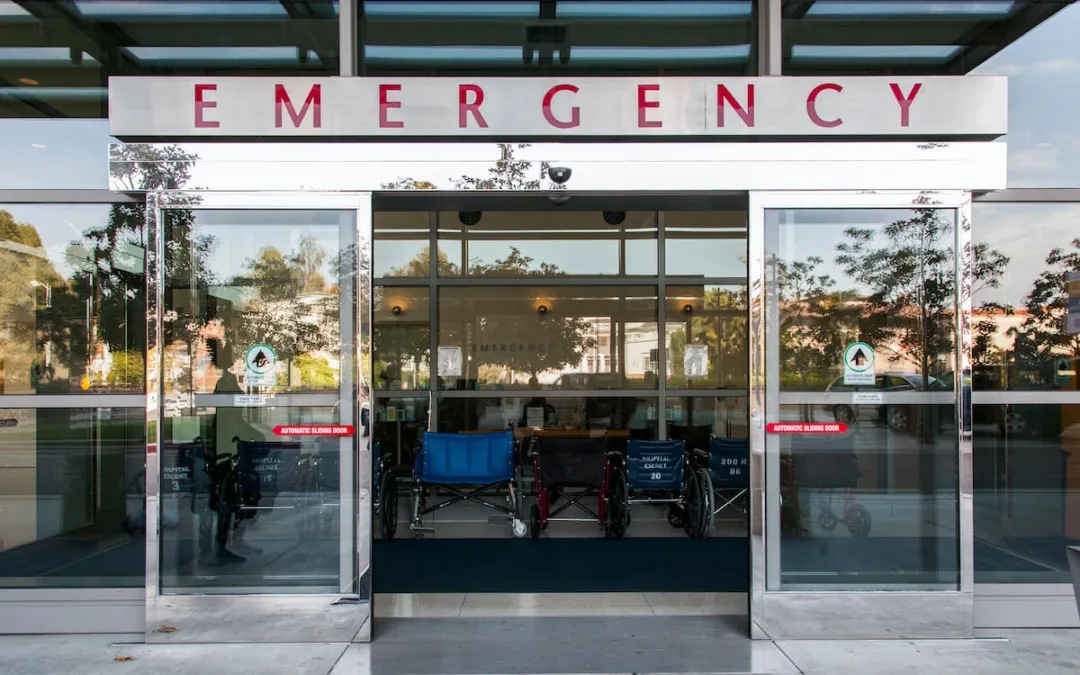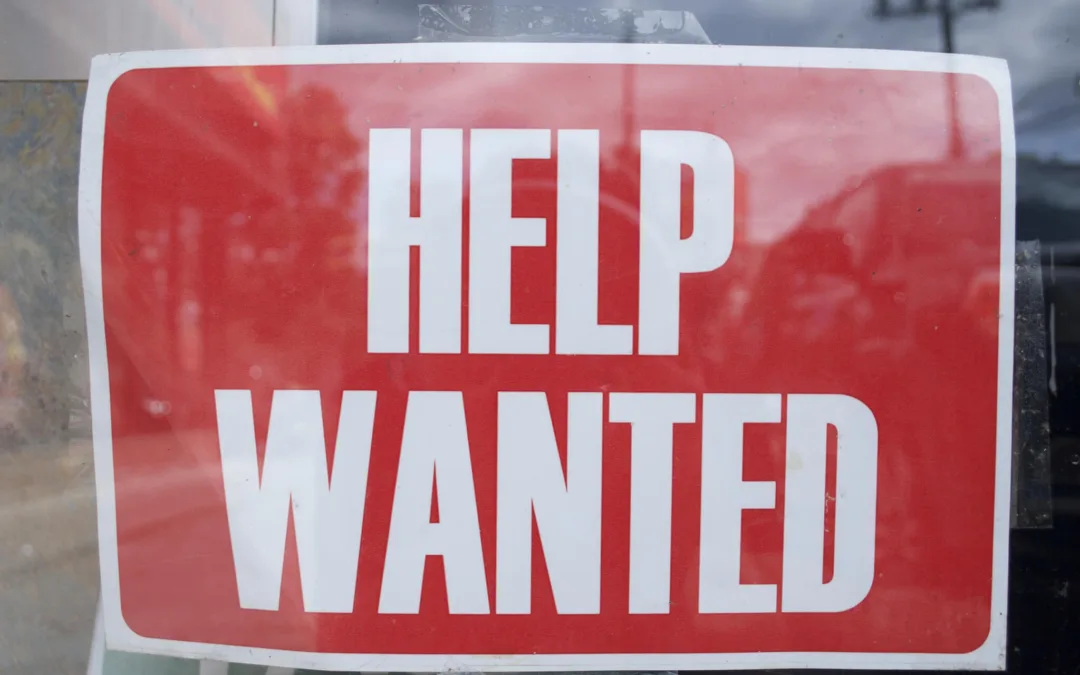
#image_title
#image_title
No criticism of working conditions for Brown Co. meatpackers.
Nearly a quarter of the 1,200 employees of JBS USA’s Green Bay meatpacking facility are infected with coronavirus, and an unknown number of additional cases in Brown County are tied back to the plant.
The Occupational Safety and Health Administration has opened a federal investigation into alleged failures to protect the 255-plus infected workers.
The company temporarily closed the plant amid intense media scrutiny and criticism from Gov. Tony Evers himself.
Yet the Brown County Health Department, which had the authority to close JBS after early warning signs and chose not to, is pinning the outbreak on the employees, despite a complaint to OSHA that alleges JBS did not provide face coverings for all workers, the company did not ensure six feet of distance between employees, and the company did not tell employees when coworkers had tested positive for coronavirus.
“It’s a combination of folks maybe showing up to work even though they were sick because they have a really strong work ethic, or, ‘I’m tired of the Safer at Home order; I want to go over and see my grandma,’” said Claire Paprocki, a Brown County public health strategist, in a call with reporters Monday.
When asked why Brown County residents are allegedly not following social distancing as well as residents in other counties — such as Milwaukee County, a county with about four times the population where the pandemic has been greatly slowed — Paprocki did not provide a clear answer.
“It doesn’t take a wedding of 500 people to spread the virus,” she said. “It just takes one or two.”
The 255 cases confirmed among JBS employees account for about one-third of the county’s 849 infections, and it is not currently clear how many more cases in the community are affecting spouses, children, family and friends of those employees, as well as members of the general public with whom they may have been in contact. As the county’s cases surpassed 500 last week, 189 cases total had been tied to JBS.
Meatpacking employees are disproportionately Latino, but Brown County health officials were not providing adequate non-English materials about social distancing until recently. The county sidestepped that concern and again placed blame on the workers.
“I wouldn’t constitute it as a failure, I don’t think,” Paprocki said. “We have to think about each individual’s responsibility within the community, and that goes for everyone, whether they are Spanish-speaking or Hmong or English (speaking). It’s everyone in Brown County.”
For its part, Paprocki said, the county has increased Spanish messaging since the outbreak at JBS and two other local meat facilities became known. That includes providing Spanish handouts and having a Centers for Disease Control representative do an interview on a local Spanish-speaking radio station, she said.
“I don’t think it’s a matter of doing things sooner, it’s just a matter of doing things differently,” she said.
She later added, “You can only lead a horse to water. You can’t make a horse drink.”
While the impact is not as severe, the virus has infected numerous workers in two other plants — American Foods Group in Green Bay and Salm Partners in Denmark. Seventeen employees have been infected at Salm Partners, and 130 at American Foods Group, according to the latest figures. The county has no plans to take action there, either, and has apparently not established what it would take to shutter a plant.
“There’s not an exact number (of cases) I can give you, or a pinpoint, or a catalyst,” Paprocki said. “We’re in constant communication with all of our partners daily, hourly, sometimes down to the minute. So, we would continue to evaluate and address situations as they progress.”
JBS spokesman Cameron Bruett said the company initially installed “enhanced safety protocols” in February and said any employees who have tested positive for coronavirus or who have been in close contact are eligible for the company’s short-term disability policy.
He said the company ordered masks on March 19, but did not receive them until April 3. The company then required employees to wear them beginning April 13, he said.
He did not respond to a question asking whether the company felt it had done enough early on to prevent an outbreak. He also did not say what specifically went into the decision to close the plant, nor did a Sunday press release.
“We will continue to fully cooperate with OSHA, Brown County Public Health and other agencies in the interests of public health,” Bruett said.
In a call with reporters on Monday, Dr. Ryan Westergaard, the state’s top epidemiologist, said there is not much cause for concern in consuming meat that originated at these plants. Respiratory infections do not typically spread via food, but it is best to use caution, Westergaard said.
Politics

It’s official: Your boss has to give you time off to recover from childbirth or get an abortion
Originally published by The 19th In what could be a groundbreaking shift in American workplaces, most employees across the country will now have...

Trump says he’s pro-worker. His record says otherwise.
During his time on the campaign trail, Donald Trump has sought to refashion his record and image as being a pro-worker candidate—one that wants to...
Local News

Stop and smell these native Wisconsin flowers this Earth Day
Spring has sprung — and here in Wisconsin, the signs are everywhere! From warmer weather and longer days to birds returning to your backyard trees....

Your guide to the 2024 Blue Ox Music Festival in Eau Claire
Eau Claire and art go hand in hand. The city is home to a multitude of sculptures, murals, and music events — including several annual showcases,...




